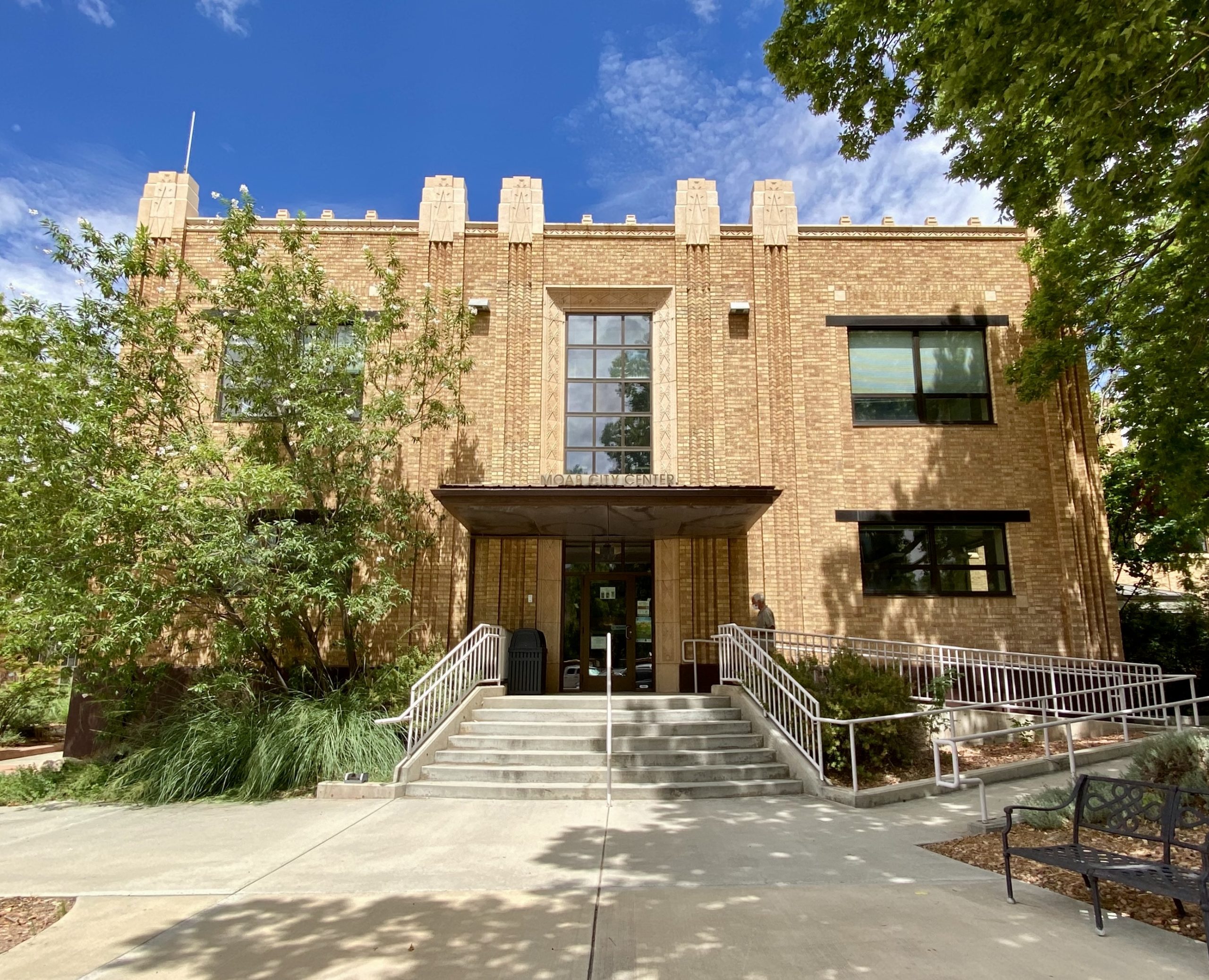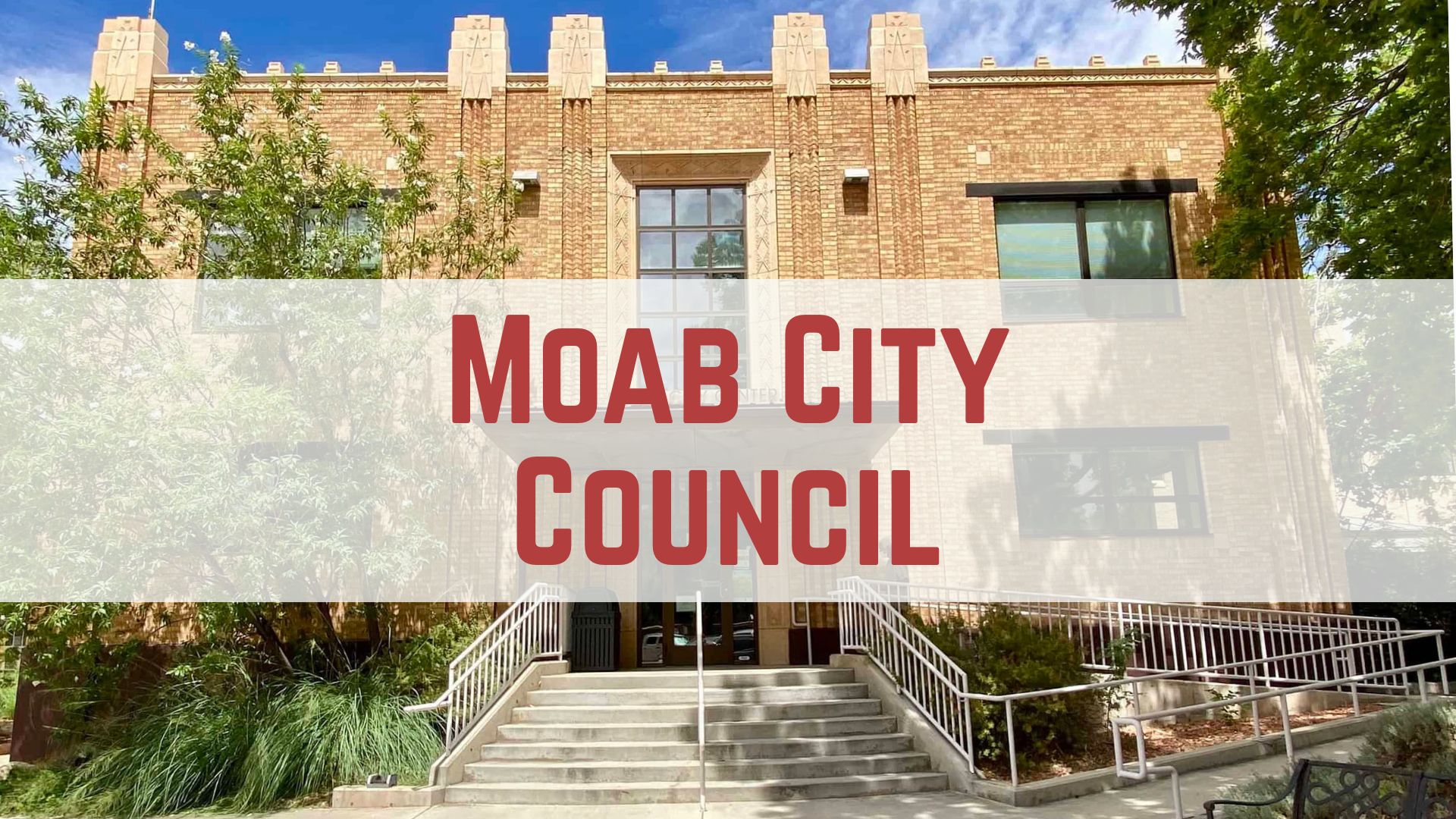Some information may be outdated.
During its Feb. 14 meeting, the Moab City Council discussed a request from the Canyonlands Solid Waste Authority and from the city’s engineering department to increase utility rates; during the Feb. 28 meeting, the council agreed to officially raise rates.
Trash rates will increase by $2 per month for residents. The city has a contract with the Canyonlands Solid Waste Authority, and per the contract, cannot withhold a rate increase if “accumulative operating costs over which Service Provider has no control change by more than 10 percent”; from 2021 to 2022, operating costs increased by 26%. CSWA said the rate increase will go toward improving infrastructure and higher wages for staff.
“The cost of service for everyone is at least a two-dollar increase,” said City Manager Carly Castle. “I don’t think we’re asking anyone to pay for more than … their cost of service.”
The contract is up for renegotiation in 2024; in that year, an official rate study will be completed. For now, the city is trying to avoid the CSWA’s financial cliff—the moment it runs completely out of money.
Stormwater rates will also increase: the stormwater fund balance is running a deficit “as a result of capital expenditures on stormwater projects and lack of sufficient revenue,” according to the city council meeting agenda. Moab doesn’t charge a stormwater impact fee, and current rates are below the Utah median—Moab’s current fee is $4.50 per “equivalent residential unit” (ERU, also measured as every 3,000 feet of “impervious surface”) per month, in comparison to $7 in Cedar City, $6.19 in Payson, and $14.05 in Ivins.
City Engineer Chuck Williams presented the council with two rate increase options. Under option one, many capital improvement projects scheduled for 2029 to 2032 could be moved forward, to be completed in 2025 through 2030. To do so, rates would jump up to $9 per month per ERU next year, then slowly increase to $9.55 by 2027 (and remain there.)
Under option two, all projects scheduled for 2029 could be moved to 2025 (which is also true in option one). Rates would increase more slowly but would end higher, increasing to $7.88 in 2024, $8.27 in 2025, up to $11.63 by 2032.
“One problem that we have is an equity problem—an intergenerational equity issue,” Castle said. “For a few decades, we have not been levying the stormwater rate to match the cost of service for the system that we need. Because, for decades, we haven’t been paying into it, the burden is falling onto this current generation … the money is what it is, and now we have to catch up to it.”
The council passed a motion to pursue option one 5-0; there will be a public hearing sometime later in March before rates fully go into effect.
Appreciate the coverage? Help keep local news alive.
Chip in to support the Moab Sun News.





